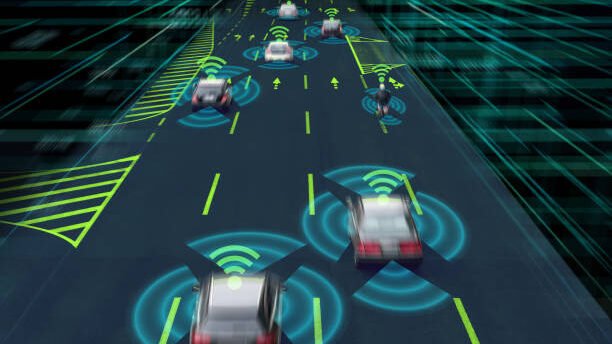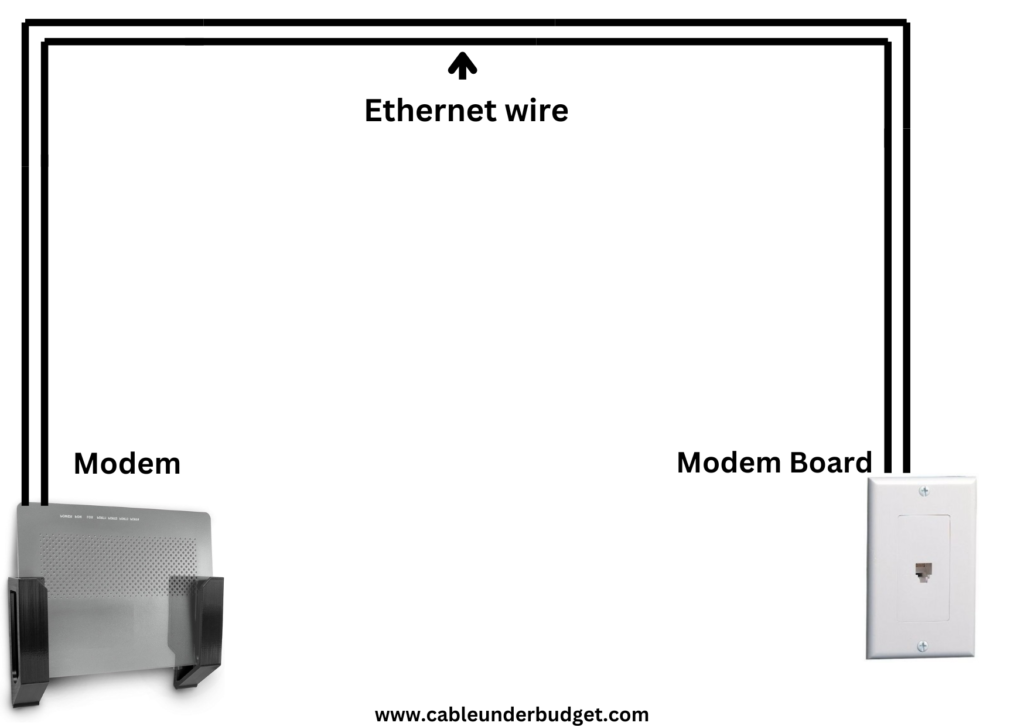Contents
- 1 How to Install WIFI in Car
- 2 Understanding the Basics
- 3 Pre-Installation Preparation
- 4 Different Ways to Install WiFi in Car
- 5 How to Install WiFi in Car : Step-by-Step
- 6 Benefits of Having WiFi in Your Car
- 7 Tips for Optimal Performance
- 8 Troubleshooting Common Issues
- 9 Future Trends and Innovations
- 10 Conclusion:
- 11 FAQs [Frequently Asked Questions]
How to Install WIFI in Car
In today’s digital age, staying connected is more important than ever, even while on the go. Whether it’s for work, entertainment, or navigation, having WiFi in your car can greatly enhance your driving experience. In this guide, we’ll explore different methods to install WiFi in car, ensuring you stay connected wherever the road takes you.

Understanding the Basics
Before delving into the installation process, it’s essential to understand what WiFi is and how it functions within the context of a car. WiFi, Stand for Wireless Fidelity, enables wireless connectivity between devices using radio waves. In cars, WiFi allows passengers to connect their smartphones, tablets, or laptops to the internet, providing access to a wide range of online services and entertainment options.
There are different types of WiFi systems available for cars, including standalone mobile hotspot devices, dedicated WiFi routers, and built-in systems integrated into the vehicle’s infrastructure. Each option offers varying levels of performance and convenience, depending on your specific requirements and preferences.
Pre-Installation Preparation
Before embarking on the installation process, it’s essential to assess your car’s compatibility with WiFi technology. Older car models may require additional hardware or modifications to support WiFi functionality fully. Additionally, gather all the necessary equipment and tools, including the chosen WiFi device or router, mounting brackets, cables, and any other accessories required for installation.
Different Ways to Install WiFi in Car
When it comes to installing WiFi in your car, there are several approaches you can take. Here are some alternative methods to consider:
-
- Mobile Hotspot Devices: Dedicated mobile hotspot devices, such as those offered by telecommunications providers, are a popular choice for adding WiFi to your car. These devices utilize cellular networks to provide internet access on the go.
-
- WiFi-Enabled Head Units: Some aftermarket car stereo head units come with built-in WiFi capabilities, allowing you to connect directly to the internet without the need for additional devices. This seamless integration can offer a more streamlined and aesthetically pleasing solution.
-
- Smartphone Integration: Another option is to use your smartphone as a WiFi hotspot. Most modern smartphones have this feature built-in, allowing you to share your cellular data connection with other devices, including your car’s entertainment system.

How to Install WiFi in Car : Step-by-Step
Install WiFi in car may seem like a daunting task, but with the right approach, it can be quite straightforward. Here’s a step-by-step guide:
-
- Evaluate Your Options: Before diving into the installation process, consider your options for getting WiFi in your car. You can either use a dedicated mobile hotspot device, integrate a WiFi-enabled head unit, or utilize your smartphone’s hotspot feature.
-
- Choose the Right Equipment: Depending on your chosen method, gather all the necessary equipment, including a mobile hotspot device, a WiFi-enabled head unit, or appropriate cables and adapters for smartphone integration.
-
- Locate a Power Source: To power your WiFi setup, you’ll need to locate a suitable power source in your car. This could be the vehicle’s fuse box, a spare power outlet, or directly connecting to the car’s battery.
-
- Mount the Hardware: Once you have all the necessary equipment and power source identified, mount the hardware securely in your car. This could involve attaching the mobile hotspot device to the dashboard, installing a new head unit, or securing cables out of sight.
-
- Connect to WiFi: Follow the manufacturer’s instructions to activate and connect to WiFi using your chosen method. This may involve inserting a SIM card into the hotspot device, pairing your smartphone with the head unit, or configuring hotspot settings on your phone.
- Test the Connection: After installation, test the WiFi connection to ensure everything is working correctly. Check for signal strength and stability, and make any necessary adjustments to improve performance.
Benefits of Having WiFi in Your Car
The benefits of having WiFi in your car extend far beyond simple internet access. Enhanced connectivity on the go allows you to stay connected with friends, family, and colleagues, whether for work or leisure. Additionally, access to online services such as navigation, music streaming, and social media can make long journeys more enjoyable and entertaining for passengers of all ages.
Tips for Optimal Performance
To ensure optimal performance and reliability, consider the following tips:
Positioning the Antenna
If your WiFi hotspot device comes with an external antenna, consider positioning it for maximum signal strength. This may involve mounting it on the exterior of your vehicle or adjusting its orientation for better reception.
Securing Your Network
To prevent unauthorized access to your WiFi network, be sure to enable password protection and encryption. This will help keep your data secure and minimize the risk of hacking or intrusion.
Troubleshooting Common Issues
Despite your best efforts, you may encounter some common issues during the installation process. Here’s how to troubleshoot them:
Poor Signal Strength
If you’re experiencing poor signal strength or slow internet speeds, try repositioning the antenna or moving to a different location. You may also want to consider upgrading to a higher-gain antenna for better performance.
Connection Drops
If your WiFi connection keeps dropping, check to ensure that all cables and connections are secure. You may also want to reboot the WiFi hotspot device and your car’s infotainment system to resolve any software issues.
Future Trends and Innovations
As technology continues to evolve, we can expect to see further advancements in in-car WiFi systems and connectivity solutions. Integration with autonomous vehicles and the emergence of 5G networks are just some of the trends shaping the future of in-car connectivity. Whether for improved safety, entertainment, or productivity, the possibilities are limitless.
Conclusion:
Installing WiFi in your car opens up a world of possibilities, allowing you to stay connected and entertained no matter where the road takes you. By following the steps outlined in this guide and considering the tips provided, you can enjoy seamless connectivity and enhanced driving experiences. So why wait? Get started on installing WiFi in your car today!
FAQs [Frequently Asked Questions]

